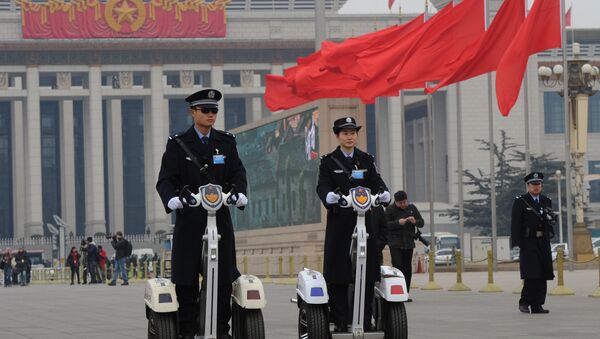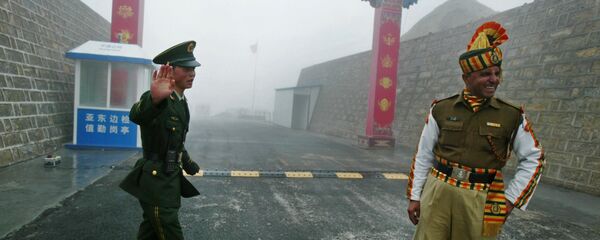The drills came to an end on Thursday and according to reports, 25 members of the Special Forces from each side took part in the exercises. Among the observers were Afghan military experts, who drew attention to the training that was focused on hostage rescue and improvement of overall combat training.
Saudi Arabia is the first country in the Arab East with whom China has held bilateral military exercises.
Mutual Benefit
Expert from the Diplomatic Academy of China, Gao Fei, believes that it is natural for China and Saudi Arabia to have a partnership in this sphere.
“Saudi Arabia is a major regional power and the largest oil-producing country. It competes with Russia for the title of the world's leading oil producer. In regard to oil reserves, it also holds the first place in the world,” Fei said.
He further said that the country plays an important role in economics, politics and security in the whole region. In short, Saudi Arabia is an influential regional power.
According to Fei, “Last month, China surpassed the US as world's largest importer of oil. Cooperation between China and Saudi Arabia as an importer and supplier of oil shows mutual benefit and common interests.”
The expert further said that in the long term “cooperation between China and Saudi Arabia will contribute to solving existing global problems, form a new world order, help search for consensus on specific issues and contribute to expansion joint interest.”
Curbing International Terrorism
The choice of Saudi Arabia as China's partner to conduct anti-terrorist exercises is not surprising, according to an expert at the Russian Institute for Strategic Studies, Ajdar Kuratov.
Kuratov said that Saudi Arabia is the main economic partner of China in the Middle East, a region where growth of China's presence is particularly noticeable.
China's leadership is likely quite concerned with terrorism against the country and its citizens. Cases such as hostage taking on airplanes and other public places and attacks on public buildings are a big concern for the country.
“The objects of attacks by extremists may become the Chinese institutions located abroad. These terrorist acts may not only be carried out by Uighur separatists, who for decades have been a causing pain to Beijing.”
Keeping that in mind, coordination between China and Saudi Arabia is possibly based on the assumption that the Middle East could be the place for a terrorist act against China.
“Hence, in case of any emergency situation related to the manifestations of terrorism against China, the special forces of some Arab country will be involved and most likely it would be Saudi Arabia,” the expert said.
China’s Increased Regional Role
The anti-terrorism drills with Saudi Arabia were among the first that China held after the announcement in August about enhancing the role of the Chinese Special Forces in defense of its national interests abroad.
Similarly, on October 20-24 anti-terrorism exercises between China and Tajikistan were held in mountainous areas on the border between Tajikistan and Afghanistan.
According to Yevseyev, the expansion of the Chinese military force is first and foremost to protect the regions in which China considers its own, such as the South China Sea. Secondly, it is a solution to international terrorism which is directly related to Chinese national interests. One such example is Afghanistan.
“In Afghanistan there is a significant number of mineral deposits where Chinese companies are operating, so the Chinese Special Forces may well be implemented to protect the employees in such zones,” Yevseyev said.
Commenting on China's first anti-terrorism exercises with Saudi Arabia, the Hong Kong newspaper South China Morning Post reported that China's growing need for an increased military role in the Middle East has been noticed especially in connection with Syria, where according to many military sources, there are many Chinese military instructors operating currently.






